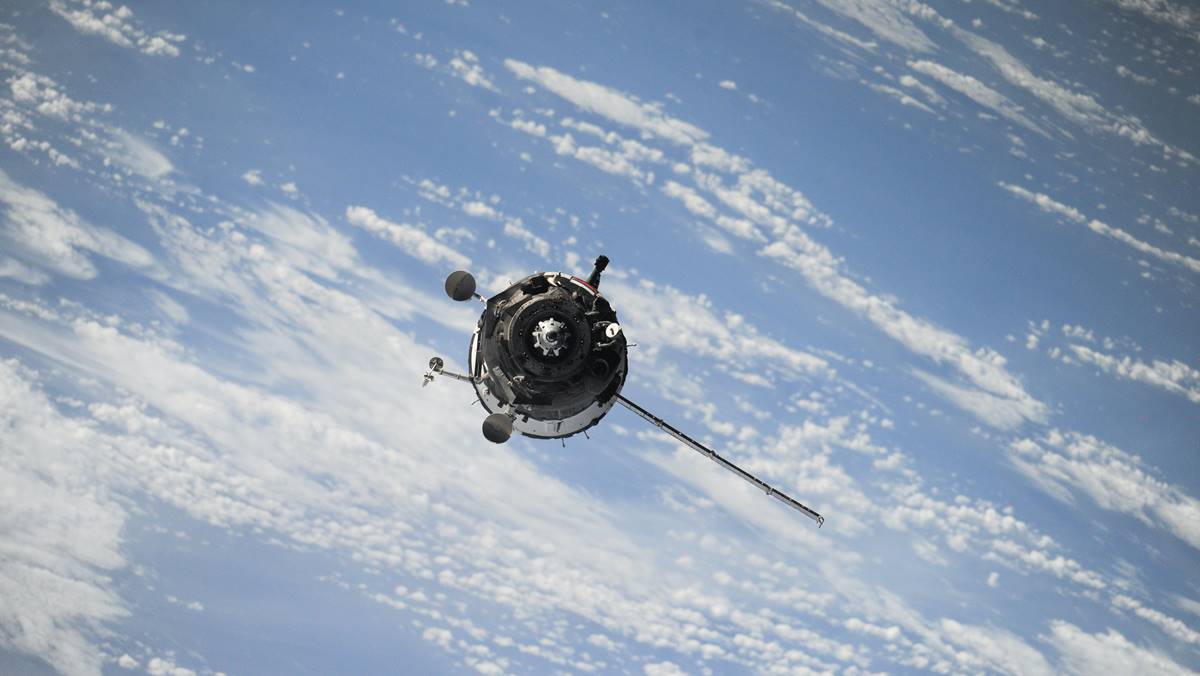The UAE’s ambitious plan to develop and launch a series of highly precise radar satellites has taken a significant stride forward. According to the state news agency Wam on Sunday, the UAE Space Agency has established an industrial consortium to advance the “Sirb” project, aiming for the potential launch of the first satellite by 2026.

Initially introduced in 2022, the project seeks to create a “constellation” of three synthetic aperture radar (SAR) satellites capable of producing detailed images of land use, ice cover, and surface changes. These images would have diverse applications, ranging from monitoring climate change to tracking oil spills and observing weather patterns.
Radar satellites possess the unique ability to capture images day or night, irrespective of atmospheric conditions. The “execution phase” of the program was inaugurated by Sheikh Khaled bin Mohamed, Crown Prince of Abu Dhabi, and Sheikh Hamdan bin Mohammed, Crown Prince of Dubai, both serving as Chairmen of their respective Executive Councils.
Sheikh Khaled expressed the vision to bolster local expertise in the space field, aiming for the UAE to emerge as a global hub for satellite manufacturing and operation. He emphasized the importance of involving national companies and the private sector in this transformative journey, supporting the growth of the space sector’s infrastructure.
Sheikh Hamdan noted that the Sirb project signifies a strategic shift in the UAE’s space sector, evolving from a government and academic focus to an integrated sector involving government, private, and academic entities. He highlighted the priority of empowering startups, small and medium enterprises, and entrepreneurs as key drivers of economic growth.
Sarah Al Amiri, Minister of State for Public Education and Advanced Technology and chairperson of the UAE Space Agency, described the project’s executive phase as a “milestone in our space journey,” aligning with the UAE’s commitment to advancing the space sector.
Edge, a UAE defense conglomerate, was named a strategic partner, with Yahsat and Bayanat managing satellite operations and data. The National Space Science and Technology Centre will handle assembly, integration, and testing operations.
Central to the Sirb program is the commercialization of satellite data, supporting a wide range of scientific and commercial applications. The project also aims to foster global partnerships and incentives as part of the space economic zones initiative to solidify the UAE’s position as a global hub for talent, investment, and innovation.
The Sirb satellites, named after the Arabic term for a flock of birds, will be collaboratively built by the Emirati public and private sectors in conjunction with international partners. As the UAE’s space sector continues to flourish, recent developments include the establishment of a dedicated academy to prepare future generations of Emiratis for careers in the expanding space industry. Both the academy and the Sirb initiative are integral components of a Dh3 billion ($820 million) space fund outlined last year.
Follow INCPAK on Facebook / (X) Twitter / Instagram for updates.









